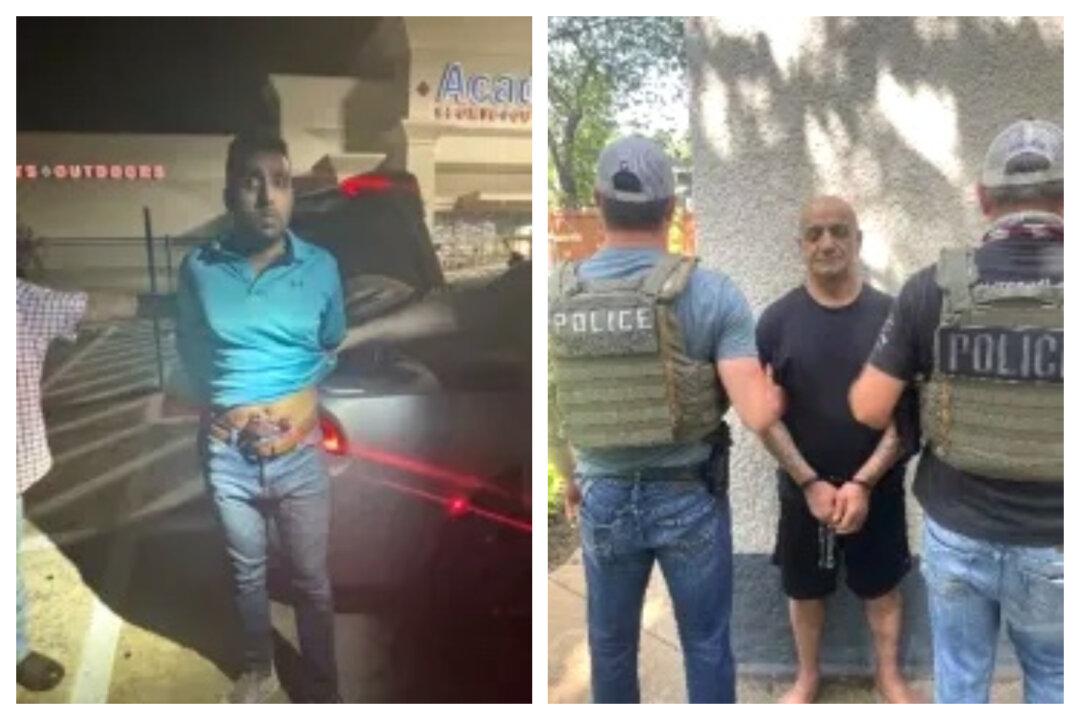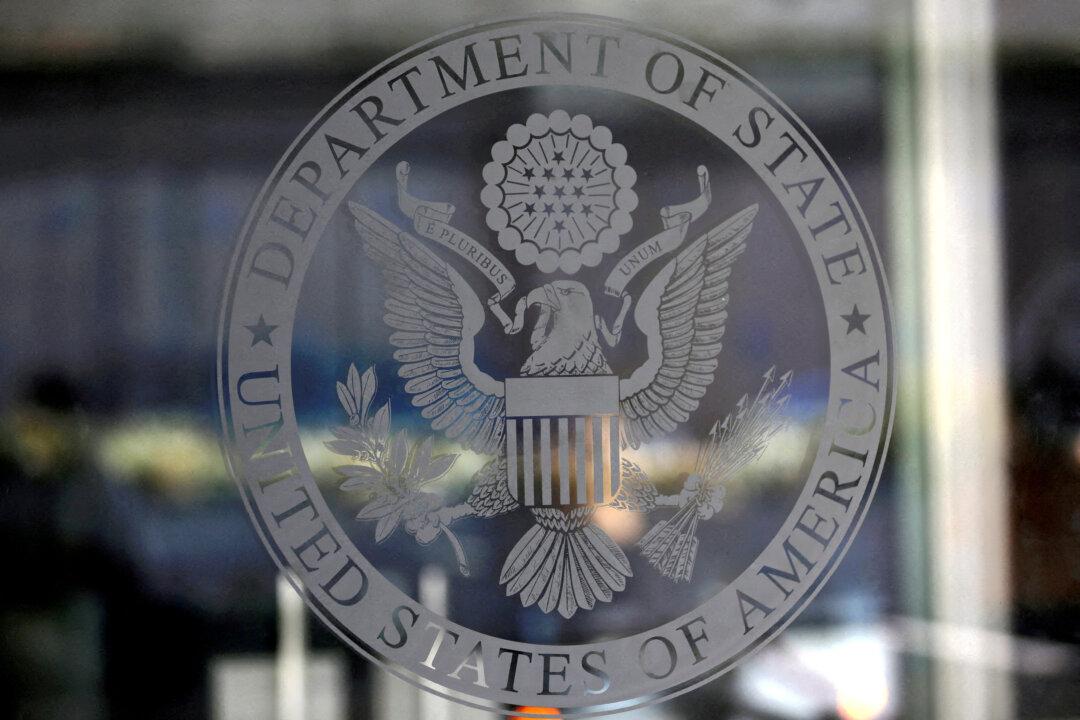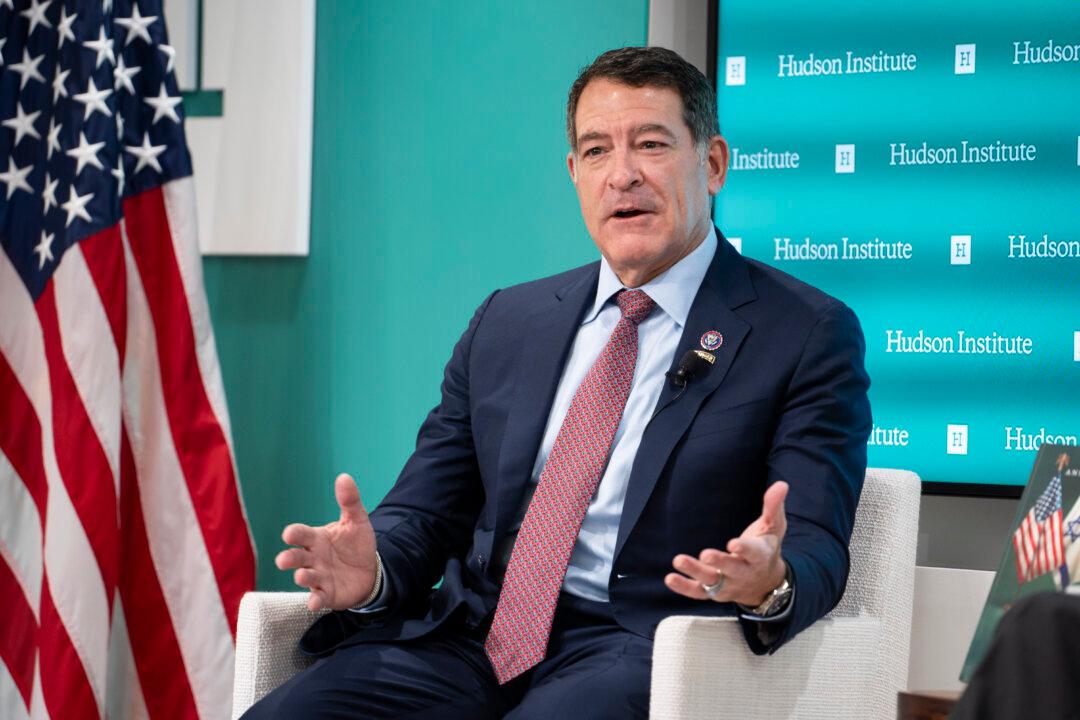Florida Gov. Ron DeSantis on May 21 signed a new bill into law that enhances penalties for swatting, the practice of making false reports to 911 to trigger a large law enforcement response to a target’s location.
DeSantis said during a news conference in Polk County that the state has led the nation in its anti-swatting efforts when he signed a bill in 2021 that established felonies for swatting offenses that led to damage, injury, or death.





